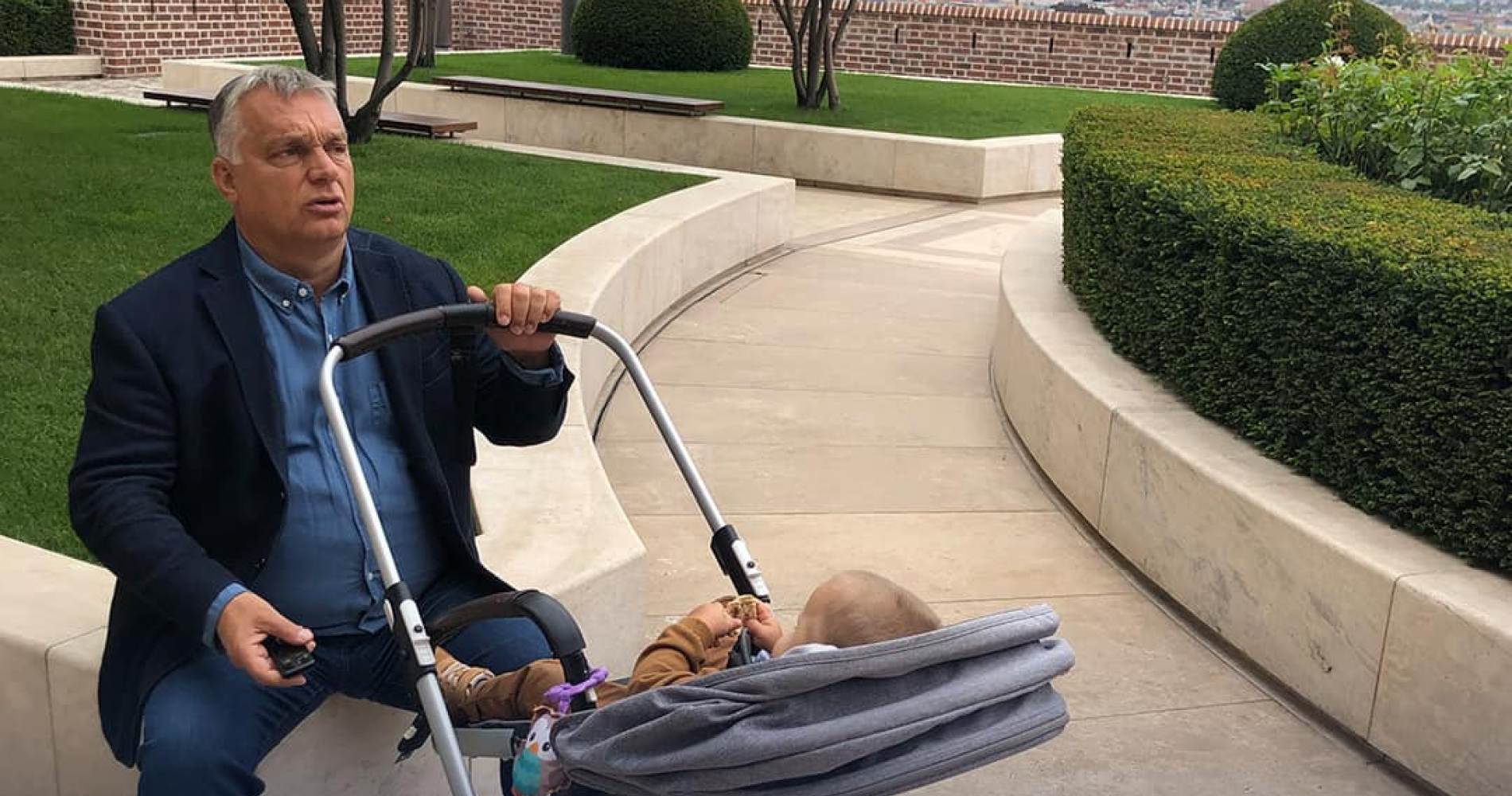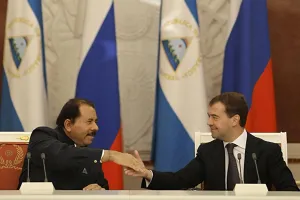This past Sunday, Nicaragua held its general elections. Incumbent President Daniel Ortega, and his Vice President/wife, took home the gold, to nobody’s surprise. The same day, President Joe Biden called the proceeding a “pantomime election that was neither free nor fair, and most certainly not democratic.” He added, “Long unpopular and now without a democratic mandate, the Ortega and Murillo family now rule Nicaragua as autocrats.”
Meanwhile, many “independent media” types and political commentators declared the opposite: that Nicaragua’s election was legitimate, perhaps even more so than America’s in 2020. These people, though, weren’t right-wing election truthers. Instead, these truthers skew far to the left.
Their reasoning, however, is not all that different from Trump-supporting election deniers. The Trump train believes that Donald Trump is so perfect, there’s no way he could possibly lose a fair election. Therefore, it must have been rigged. For the left-wing Ortega apologists, he and his purportedly socialist government could never do wrong. He would never rig an election, because the people of Nicaragua would never reject him.
As it turns out, Ortega’s government invited over 200 “electoral companions” from around the world to come and observe the election, almost entirely leftist political commentators and friendly foreign apparatchiks. Meanwhile, Nicaragua barred institutional and professional observers from entering.
In fact, there is limited evidence that the vote numbers were tampered with or any such thing like that. Of course, evidence will be lacking when anyone who would be critical of your regime is banned from the country. Also, there’s little need to do old-fashioned ballot-stuffing when you jail the leading opposition figures, months prior to the vote.
That’s all crucial to Ortega’s plan with this whole scheme. In taking care of all the unsavory business necessary to secure his victory long before the election, he can put on this little show, indulging the leftist dreams of perpetually-angry podcasters like two invitees from “The Convo Couch,” for example.
In turn, these media personalities can run their episodes and articles confirming the prior beliefs of their audience: that these international observers and President Biden merely hate Ortega because he’s a socialist, rather than because he’s a self-serving autocrat with a paper-thin commitment to the rights of Nicaraguans. The narrative gets spun out amongst these radical ideologues, who can then embark on their self-satisfying mission to contradict commentators who call out the Ortega regime. “But look at this YouTube video from someone who was actually there! Why listen to this capitalist propaganda from people who didn’t even see the election take place?” Meanwhile, these small outfits might even be thoughtlessly amplified by commentators with seriously large followings like Jimmy Dore.
This kind of misinformation can be quite effective. If you saw a tweet from some twitter pundit about how the Nicaraguan election was a sham, then found a half-dozen people in the comments crying foul and citing different podcasts and youtube video “evidence,” it could be confusing. It might not persuade you, but it could leave you thinking, “I’m not sure what to think happened.” As a side note, I’ve had some personal experience of this, getting swarmed with Chinese state propaganda from seemingly normal people.
As a result, Ortega gets his wish: that with a little money spent on accommodations for this extremely vocal minority of “independent journalists,” he can reap the potentially large reward of confusion abroad. That may be important for Ortega, given his declining support among mainline left-wing outlets and organizations like the Democratic Socialists of America and Jacobin magazine, to name a couple.
Some people will believe and/or spread any narrative about the Nicaraguan election, if it’s advantageous or makes them feel righteous. Most people, not the pundits but the audience, need a semblance of a good cover story. Ortega’s strategy, in avoiding much overt election day fraud, has given them that.
It’s a strategy of growing importance for autocrats seeking a veneer of democratic legitimacy, and---while the jailing of opposition in Nicaragua is plain as day---it can often be quite subtle. As Harry and I discussed in the most recent Bird’s Eye podcast, in Hungary this has taken the form of rewriting electoral rules and redrawing districts to secure the incumbent party’s power. Whatever the form it takes, this strategic manipulation has the same effect as ballot-stuffing while enabling confusing and misleading narratives that make it hard to hold anti-democratic leaders accountable.
Subscribe to Spectacles



Comments
Join the conversation